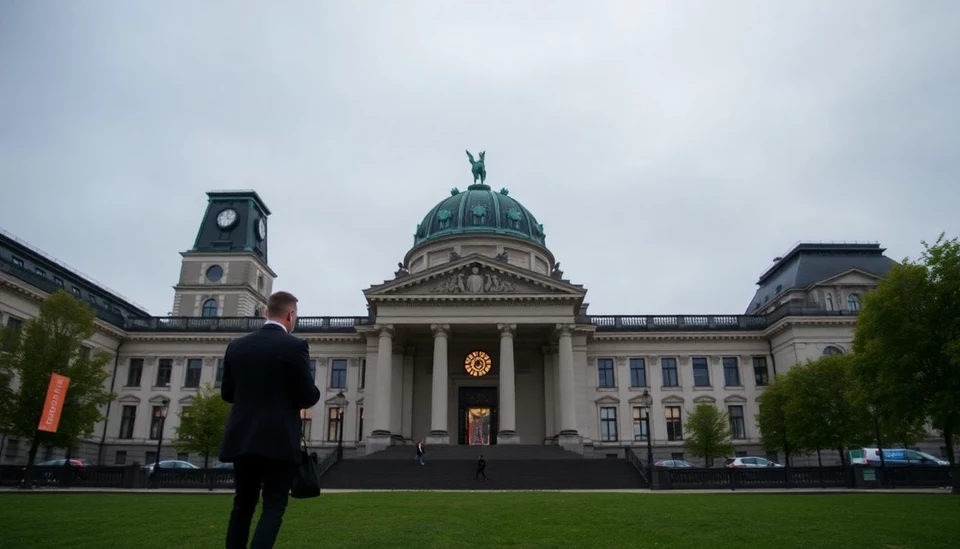
In a concerning development for Germany's economic landscape, business expectations have taken a downward turn as the country approaches a snap election on January 31, 2025. This decline reflects a growing sense of uncertainty among corporate leaders, who are grappling with various pressing issues on both the domestic and international fronts.
The latest survey results, released by the Ifo Institute, indicate a notable drop in the business sentiment index, a key barometer of the economic climate. As the election date looms, the index shows that companies are becoming increasingly doubtful about future economic conditions, undermining the optimism that previously characterized the business sector. This decline comes at a time when Germany faces significant challenges, including inflation concerns, supply chain disruptions, and geopolitical tensions that are threatening the stability of Europe’s largest economy.
Ahead of the election, the political climate remains tense, with parties scrambling to define their platforms and reassure voters amidst growing discontent. Voter dissatisfaction has been palpable, with many citizens expressing concerns about the rising cost of living and government performance in addressing economic stagnation. This mood has profound implications for businesses, as shifting political agendas could lead to policy changes affecting taxation, regulation, and economic assistance programs.
The Ifo Institute’s criteria for the survey involved gathering responses from over 9,000 firms, with results indicating a clear sentiment shift in various sectors. Manufacturing firms reported a decline in new orders, while the service sector also noted weaker expectations. Construction businesses, facing challenges related to rising material costs and labor shortages, echoed similar concerns.
Analysts suggest that this dip in business confidence may influence investment decisions, as firms might adopt a more cautious approach while awaiting election outcomes and potential changes in government policy. If uncertainty continues post-election, it could lead to a slowdown in economic growth, further impacting consumer spending and overall demand.
Mainstream political parties are under pressure to articulate clear and actionable plans to stabilize the economy and restore business confidence. The snap election will undoubtedly serve as a critical juncture for Germany, determining not only the future of its government but possibly also the direction of its economic policies at a time when clarity and stability are paramount.
As the nation nears the election, business leaders and analysts alike will be scrutinizing campaign promises and anticipated policy shifts closely, with both immediate and far-reaching effects expected for the German economy. The outcome of the election could reshape the landscape for businesses in Germany, impact employment rates, and ultimately reflect on the European economic framework.
This period of uncertainty casts a shadow on what has traditionally been viewed as a robust economic engine for Europe, prompting many to wonder whether bold steps will be taken by the future government to mitigate these challenges and restore confidence in the marketplace.
#Germany #BusinessConfidence #SnapElection #IfoInstitute #Economy #EconomicOutlook
Author: Daniel Foster




